by Wanda Sabir
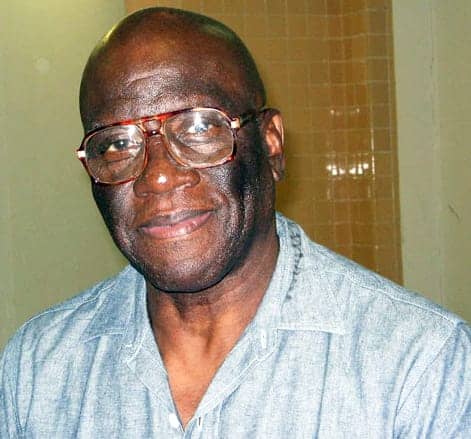
In July this year, Amnesty International called for Herman’s release, just as it has been campaigning on behalf of the human rights violations inherent in the extended solitary confinement of both Herman Wallace and Albert Woodfox. The length of Wallace’s captivity shows how sometimes what is urgent is not comprehended until it’s too late, whether that is one’s legal team or the judicial system. Systems are not people. In fact one could say, as a member of a system, paramount to keep in mind is one’s humanity at all costs. Corporations, “legal people,” nor by extension machines or robots, despite what one sees on TV, neither “feel” nor do they have hearts or innate empathy.
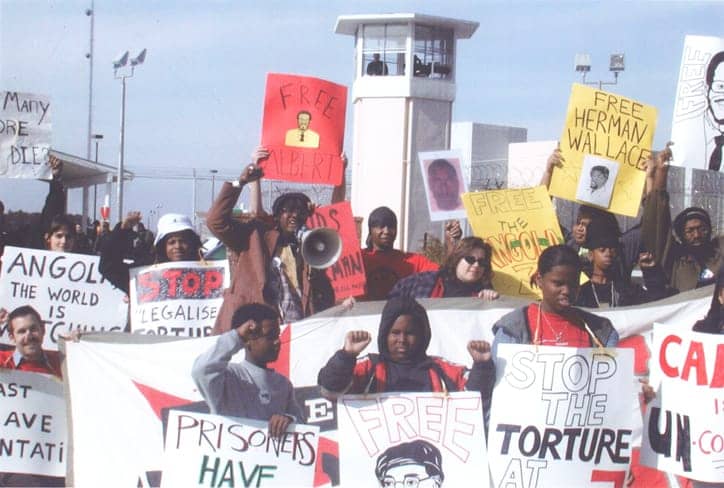
How can one’s thoughts create such fear in one’s captors that these vessels remain separate from the general population as if the intangible can be contained? As those who have followed the case know, this is a personal vendetta waged by Louisiana Attorney General James “Buddy” Caldwell, who has stated that he opposes the release of these two men “with every fiber of his being” and that solitary confinement is nothing more than “protective cell units” known as CCR or “closed cell restricted.” Burl Cain, warden of Angola and Hunt prisons, says Wallace and Woodfox are in solitary to keep their “Black Pantherism” from spreading to other inmates.
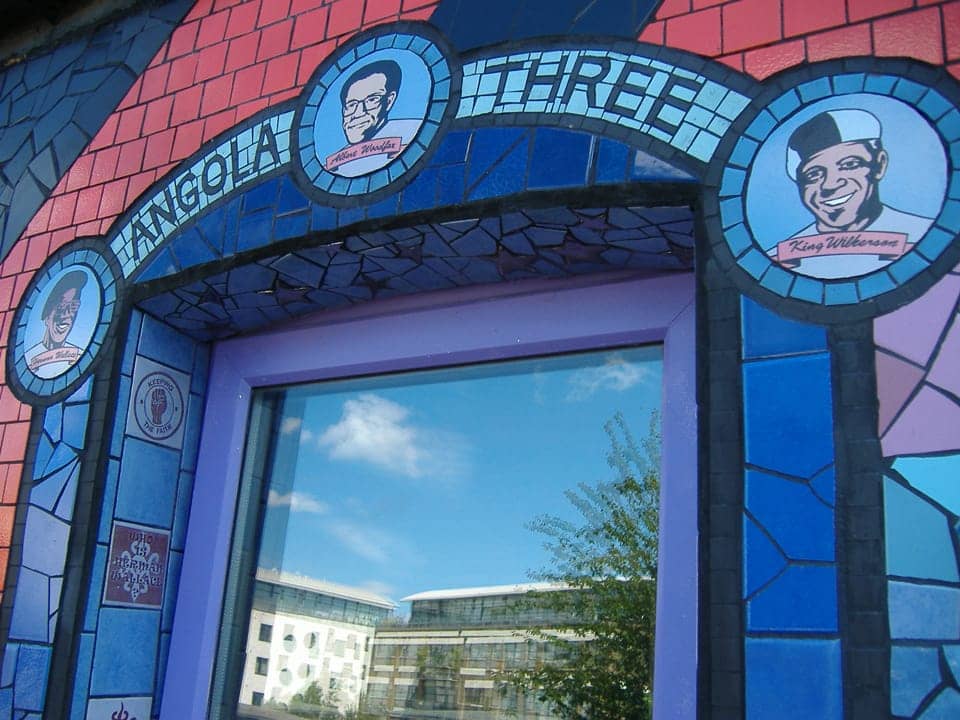
Look at Albert Woodfox, whose case has been overturned three times, once by a state judge and twice by a federal judge, the last time June 2012. The state of Louisiana, through Attorney General Buddy Caldwell, is objecting and appealing the ruling. The case is slated to be heard by a three judge panel of the U.S. Fifth Circuit Court of Appeals – covering the states of Texas, Louisiana and Mississippi – one of the highest courts in the land, to determine whether or not Judge Brady’s order for a new trial stands or reverses the decision.
The men have a pending civil suit, Wilkerson, Wallace and Woodfox vs. the State of Louisiana which the United States Supreme Court ruled has merit to proceed to trial based on the fact that their 41 years in solitary confinement is inhumane and unconstitutional. The outcome of this landmark civil case could eliminate long term solitary confinement in U.S. prisons.
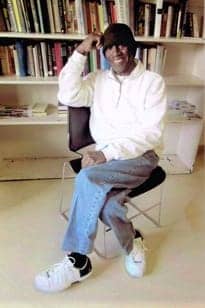
Even before privatization, America’s prison industrial complex, especially in the South, reflected the worst of American history, its slave trade. As I travel in Africa, prisons are in every country where I have landed. None are places anyone would like to call home, but there is something about the American system – it is profitable and its inmates are cut off from society like errant parcels on a UPS truck dumped without labels in trenches and forgotten about.
I have watched loved ones die before. I remember when my father made his transition. It is a slow process. The first sign was when he refused food. The mind is still really powerful and as I watched a friend on his death bed years later wait for his beloved to arrive and then let go, he asked me with his eyes for water to wet his lips. There is always a sign; in Jamal’s case, he stopped talking a week or so before he left here.
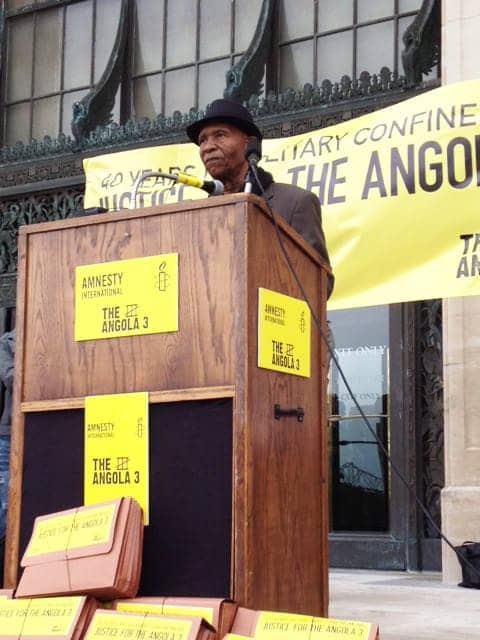
This is a holy time. The men that evening gathered around Jamal’s bed touching him, as his eyes were closed and shared men secrets and stories (smile). I kissed him goodbye and wished him well on his journey and then before my friend, S. Pearl, and I reached my mother’s house, he was gone.
Fill out the petition here for Herman Wallace’s immediate release: http://www.angola3.org/.
We also need to rally behind Albert Woodfox and secure his freedom. Slaves did not live to old age; most were worked to death before 25. That we have elders in these slave camps over 50 years old – most incarcerated as teens – says something terrifyingly horrible about this nation and our collective future.
Send prayers and positive energy to Herman’s friends and family, especially Robert H. King and Albert Woodfox, his brothers.
Bay View Arts Editor Wanda Sabir can be reached at wsab1@aol.com. Visit her website at www.wandaspicks.com throughout the month for updates to Wanda’s Picks, her blog, photos and Wanda’s Picks Radio. Her shows are streamed live Wednesdays at 6-7 a.m. and Fridays at 8-10 a.m., can be heard by phone at (347) 237-4610 and are archived on the Afrikan Sistahs’ Media Network.





